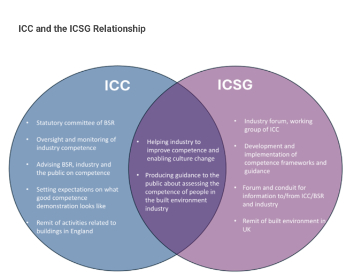Demurrage
Demurrage refers to the charges levied on a contractor or supplier for delaying the return of rented equipment or for holding up the delivery of materials beyond the agreed time.
For example, when a contractor rents equipment (such as cranes, excavators, or other machinery), there is usually a specified rental period. If the equipment is not returned within this period, the rental company may impose demurrage charges to compensate for the extended use and any potential loss of income from not being able to rent the equipment to other clients.
Demurrage can also apply to the delivery of construction materials. If a contractor or site is not ready to receive materials at the agreed time, causing delivery trucks to wait or make additional trips, the supplier may charge demurrage fees. This compensates the supplier for the time and resources spent on the delayed delivery.
In broader logistics, demurrage charges can apply to the detention of shipping containers beyond the allocated free time. If containers are not unloaded and returned within the agreed time, demurrage fees may be incurred to cover the costs of the delayed return.
The specifics of demurrage charges, including the rate and conditions, are usually detailed in the contract agreements between the parties. These agreements outline the responsibilities and expectations regarding the rental and material delivery timelines.
[edit] Related articles on Designing Buildings
Featured articles and news
Twas the site before Christmas...
A rhyme for the industry and a thankyou to our supporters.
Plumbing and heating systems in schools
New apprentice pay rates coming into effect in the new year
Addressing the impact of recent national minimum wage changes.
EBSSA support for the new industry competence structure
The Engineering and Building Services Skills Authority, in working group 2.
Notes from BSRIA Sustainable Futures briefing
From carbon down to the all important customer: Redefining Retrofit for Net Zero Living.
Principal Designer: A New Opportunity for Architects
ACA launches a Principal Designer Register for architects.
A new government plan for housing and nature recovery
Exploring a new housing and infrastructure nature recovery framework.
Leveraging technology to enhance prospects for students
A case study on the significance of the Autodesk Revit certification.
Fundamental Review of Building Regulations Guidance
Announced during commons debate on the Grenfell Inquiry Phase 2 report.
CIAT responds to the updated National Planning Policy Framework
With key changes in the revised NPPF outlined.
Councils and communities highlighted for delivery of common-sense housing in planning overhaul
As government follows up with mandatory housing targets.
CIOB photographic competition final images revealed
Art of Building produces stunning images for another year.
HSE prosecutes company for putting workers at risk
Roofing company fined and its director sentenced.
Strategic restructure to transform industry competence
EBSSA becomes part of a new industry competence structure.
Major overhaul of planning committees proposed by government
Planning decisions set to be fast-tracked to tackle the housing crisis.
Industry Competence Steering Group restructure
ICSG transitions to the Industry Competence Committee (ICC) under the Building Safety Regulator (BSR).
Principal Contractor Competency Certification Scheme
CIOB PCCCS competence framework for Principal Contractors.
The CIAT Principal Designer register
Issues explained via a series of FAQs.
























